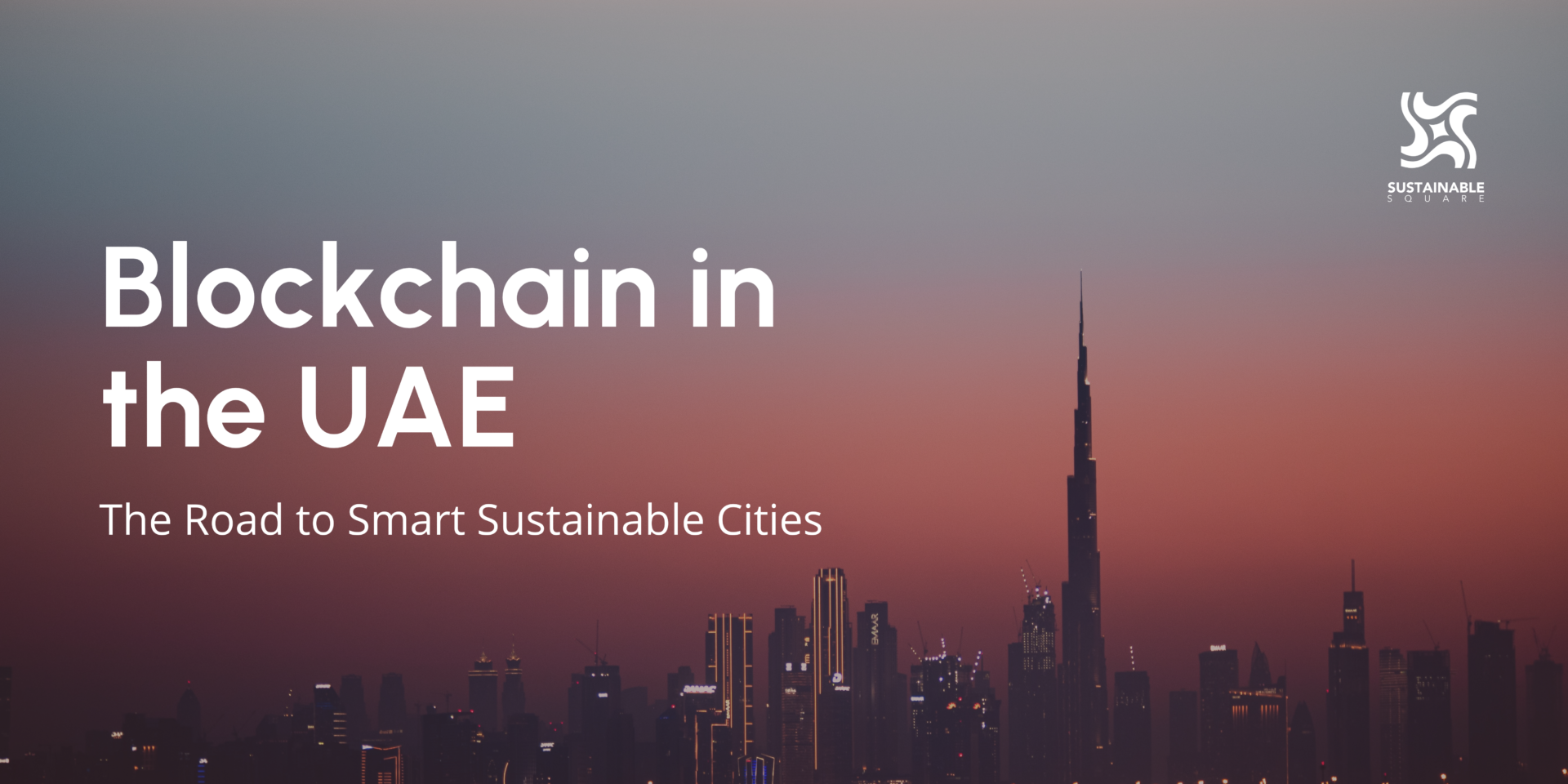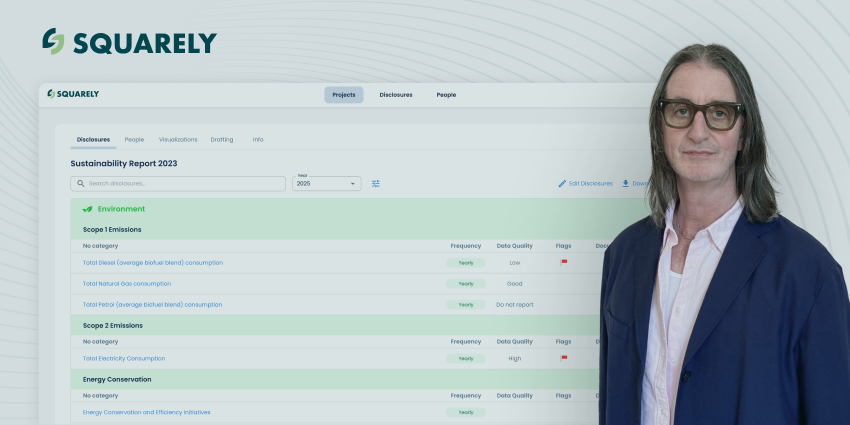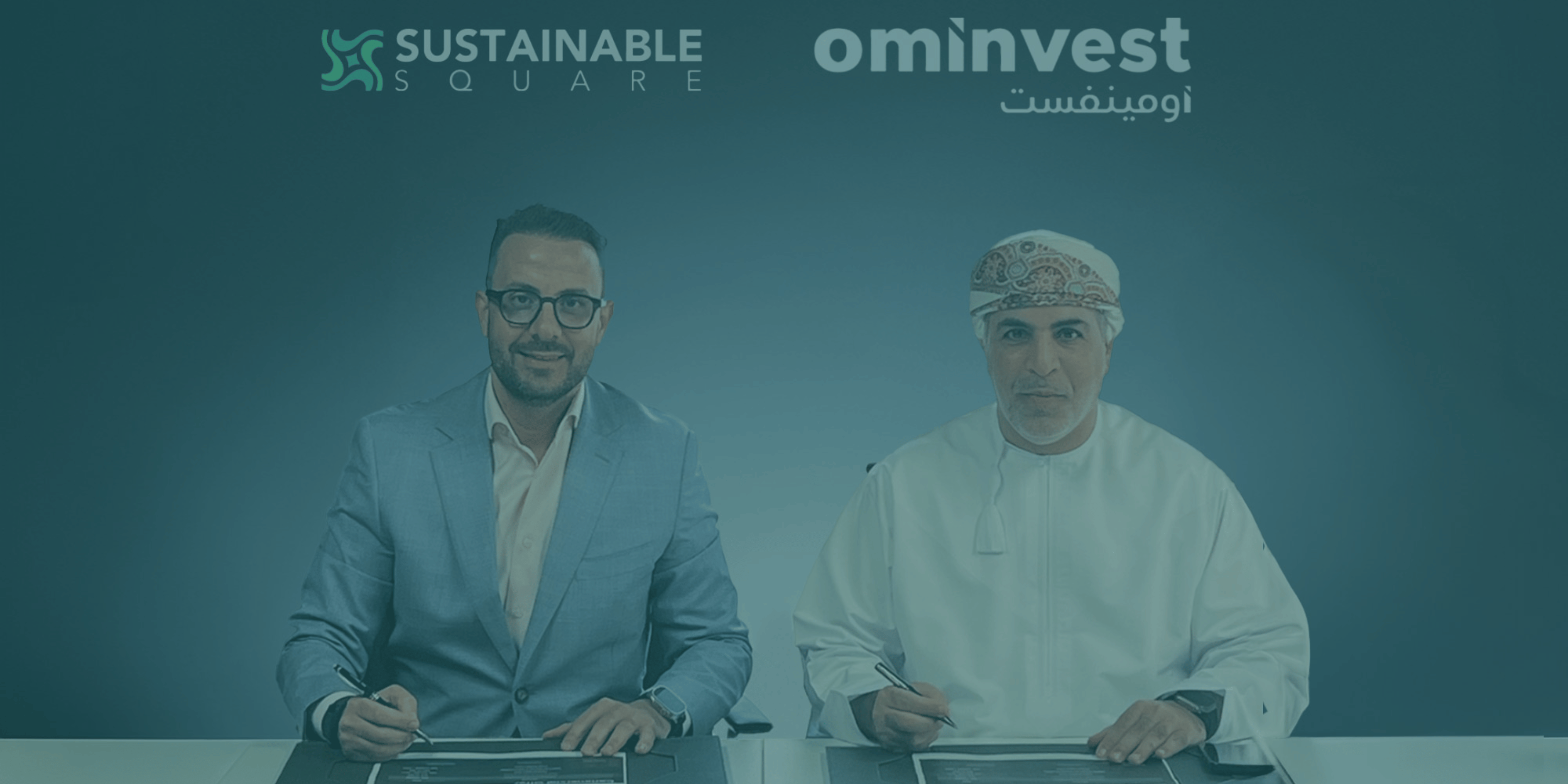With a pursued goal of becoming the blockchain capital of the world, the question of the many uncertainties surrounding the technology may arise among its several advantages.
As the world population continues to increase at an exponential rate, there is a pressing need for urban environments to become more resilient to climate change. The 2021 IPCC report highlights that urbanization intensifies the effects of global warming, leading to cities facing higher risks of extreme events such as droughts, floods, and heat waves.
As Blockchain technology is on the rise thanks to the growing interest in the Crypto and Web3 industries, new urban development opportunities are making their way into city planning and government strategies. Recent UAE announcements showcase increased investment in digital technologies, with a target of 5,000 blockchain companies in the country by 2027.
Blockchain: A Promising Future Led By Technology
Blockchain technology allows for a new way of sending, exchanging and storing information online. It works by replacing the traditional way of sending information online, by integrating it into a chain of blocks of data. Each data is locked in a specific block through a unique code called a hash.
Once in the chain of blocks, information is placed into a complex web of data through a validation process called the Proof-of-work (or the Proof-of-stake, a new alternative detailed here). This validation ensures that (1) the encryption code is validated by a consensus of multiple anonymous parties, and (2) the information is safely stored and immutable.
Data on the Blockchain is therefore stored in a transparent and traceable manner, through a network of trust built on decentralization.
These advantages allow for a multiplicity of practical applications in a variety of sectors, ranging from healthcare solutions to smart management energy systems.
Practical Applications
Secured Personal Data Platforms
Citizens currently have limited access to key information e.g. healthcare files. What if future cities could use advanced analytics and real-time data to facilitate social outcomes e.g. health outcomes? This might become possible thanks to blockchain technology.
Indeed, the Digital Democracy and Data Commons (DDDC) project found a way to confirm a user’s identity without disclosing its personal details, which can be used for example to accept and count votes on petitions anonymously but still in a legally binding way. This technology can be extended to facilitate access to medical records and healthcare credentials, in order to speed up medical processes and ensure data and treatments are accurate. Companies such as the American ProCredEx are already using the Blockchain to connect patients and medical practitioners in this way.
Reducing Inequalities
The added security coming from the fully encrypted chain of data allows for ambitious ways of treating personal data. Humanitarian crises highlight a need for a digital secured solution to store personal data such as IDs and financial information, a problem that blockchain can answer.
The IDbox project used a solar-powered device running on blockchain to create a unique digital identity and wallet for individuals, which worked in the absence of internet or electricity by using a 2G mobile phone. The project was tested in Papua New Guinea, providing an alternative to traditional options when more than 80% of the population lacked a bank account.
Applied Smart Mobility
Smart mobility is a key stake for UAE cities, as carbon footprint related to car transportation accounts for more than 4 tons per capita – a large amount compared to the UN recommendation of 2.1 tons/capita of yearly carbon footprint.
Allowing for an improved user experience when it comes to urban mobility, blockchain technology can facilitate users’ journeys on public transport. Existing applications are supporting an automatic fare collection system, such as in Ahmedabad, India where an integrated transit management system offers seamless journey planning and payments.
These integrated solutions have the added benefit of collecting precise data on user mobility, which helps urban planners assess traffic data in real-time.
The immutable nature of data stored on the blockchain can also lead to a safer second-hand market for cars, where it would be impossible to lie about a repair, accident, or kilometre history on a particular vehicle. The UAE Roads and Transport Authority (RTA)’s vehicle lifecycle management system project, launched in 2018 uses this unalterable blockchain-encrypted data of cars, which on applicable smart vehicles will effectively provide a more secure second-hand vehicle market.
Improved Energy Management
The secured blockchain protocol for exchanging information leads to practical developments in energy management practices and can help minimize grid losses through better storage. European actor Equigy acts as a Crowd Balancing Platform company, which aims to reduce the fluctuations in energy supply by installing bi-directional EV charging stations and using blockchain technology to connect all power suppliers and storage facilities together.
Connecting all electricity users in an urban setting allows us to prioritize Green Energy over Fossil-fuel based energy sources, by storing energy in times of sur-production, and re-sending it back into the grid during peak energy use times.
Improved Waste Management
Blockchain-based technologies can track waste and its end-of-life process managed by multiple actors. The peer-to-peer processes allow for actors to scan a bale of waste’s codes at each key point of its recycling process, in order to ensure its proper recycling. Current companies such as RecycleGo or Remedichain, in the USA, use blockchain to track QR codes of recyclable waste or still-viable medicine to check each product’s quality and track their provenance from source to destination in real-time.
The future of the UAE
As the UAE government places great importance on blockchain technology in its vision, multiple local actors have started to implement it in their operations. From smart identification embedded within the UAE Pass-app to The Ministry of Health and Prevention’s blockchain-based platform for storing information on healthcare facilities, UAE locals will have increasing access to online government services.
Private actors are also investing in the technology, with Dubai-based venture capital firm Cypher Capital investing in Iomob’s application “Journey Planner”, which targets intermodal mobility through taxi fleets, micro-mobility, parking spaces and public transit feeds, or DEWA launching the 3U nanosatellite ‘DEWA-SAT1’ in order to improve its water and energy management.
With a pursued goal of becoming the blockchain capital of the world, the question of the many uncertainties surrounding the technology can be raised.
Is the Blockchain Technology Still Too Immature?
Many technological challenges surround the still-new technology: Implementing it is still very costly compared to traditional processes, and the energy consumption coming from block mining is higher than that of
159 individual nations including Uruguay, Nigeria, and Ireland. The technology also faces saturation risks, which could lead to the entire chain disappearing and poses scalability issues.
Governance questions also arise: the ownership of the technology on which practical applications can be developed has strong consequences over the fiability and scalability of the technology, and the current multiplicity of actors will lead to sovereignty concerns.
Finally, global blockchain technology still lacks a legal framework. Despite being part of the main future goal of the country, a limited number of regulations, mostly focusing on crypto assets, have been put in place in the UAE.
As time goes by, future developments of the technology will allow for more applications and understanding of its potential, which could lead to the city of tomorrow. However, looking at how it’s still a young tech, only time will tell.




